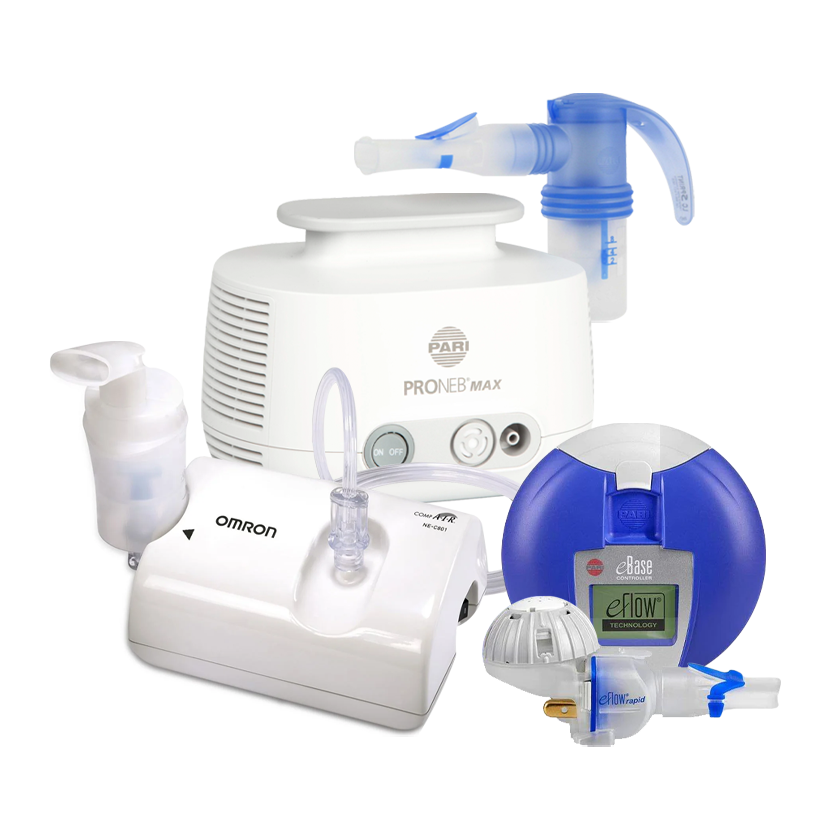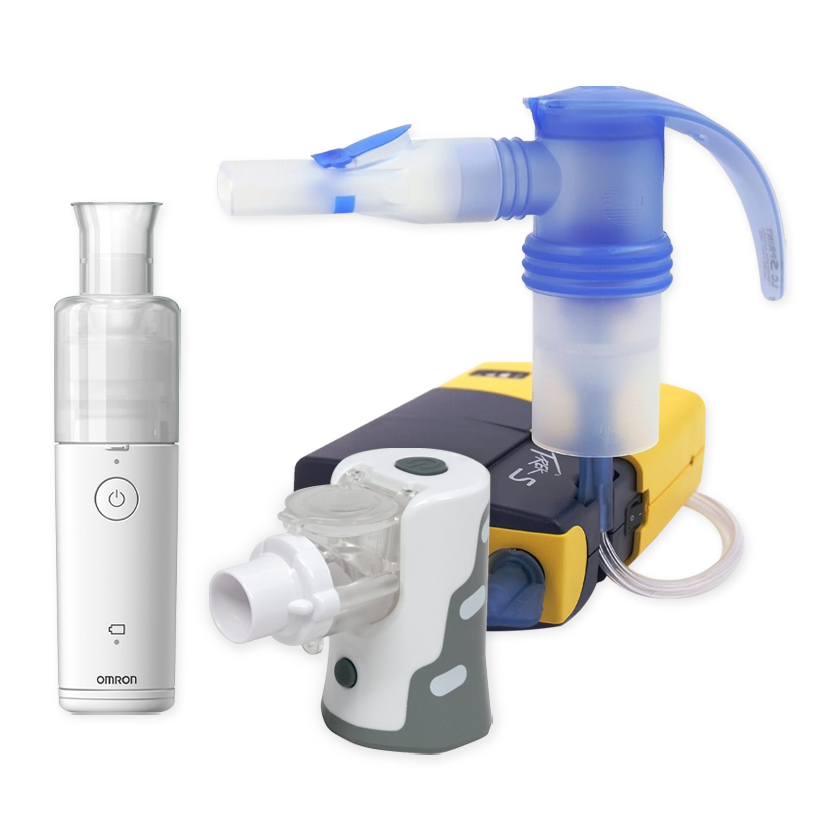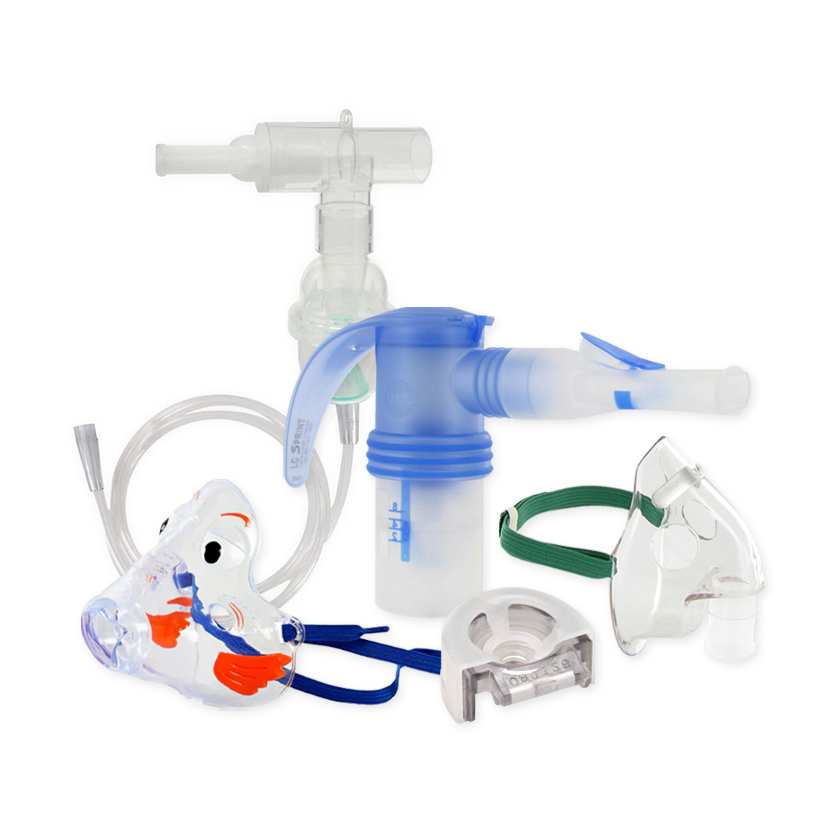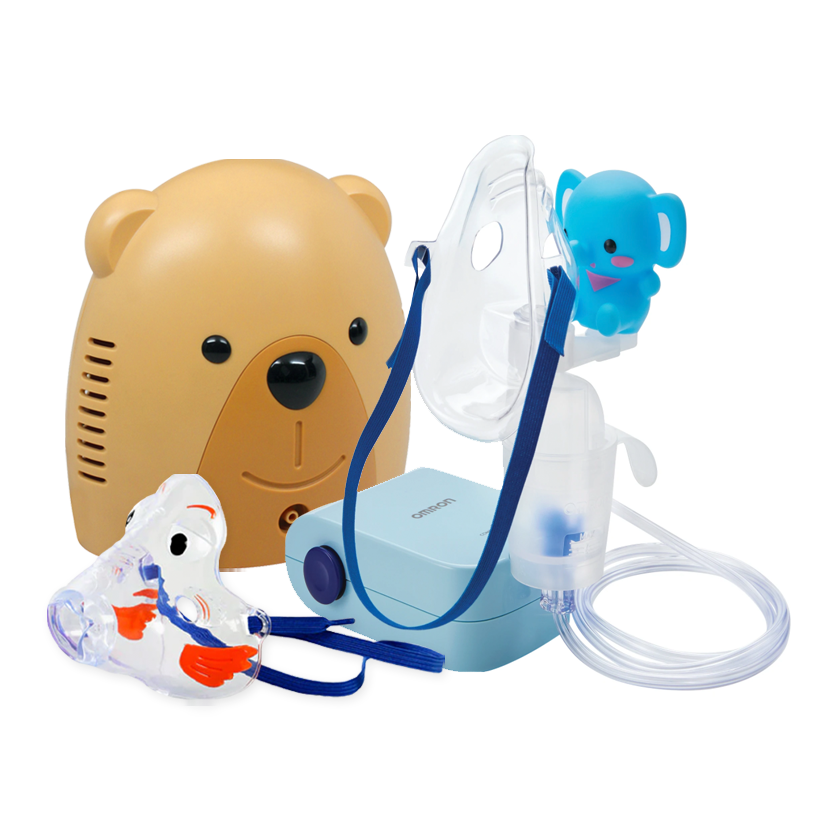Your Cart is Empty
Free Shipping on all orders over $75! Plus, free express shipping on select items.
Menu

Free Shipping on all orders over $75! Plus, free express shipping on select items.
Nebulizer Systems
Travel Nebulizers
Nebulizer Accessories
Just For Kids
Oxygen Supplies
Dishwashers Increase Asthma Risk, Study Says
March 06, 2015 1 min read
Children from families who hand wash their dishes have about half the risk of developing allergic conditions like asthma or eczema compared to children from families who use machine dishwashers, according to a new study.
The researchers believe this is because hand washing dishes exposes children to more bacteria. Previous studies have confirmed that “hand dishwashing very often is less effective than machine dishwashing in reducing bacterial content,” says allergist and lead author on this study, Dr. Bill Hesselmar. The popular hygiene hypothesis suggests when one’s body isn’t exposed to a normal variety of microbes, the immune system will start attacking harmless substances, resulting in allergies and allergic conditions.
“We therefore speculate that hand dishwashing is associated with increased microbial exposure, causing immune stimulation and, hence, less allergy,” said Hesselmar.
The study looked at more than 1,000 Swedish children between the ages of 7 and 8. The parents were asked how they cleaned dishes, as well as if their children ate fermented foods or foods directly from farms. Only 12% of families hand washed dishes. Of that 12%, only 1.7% of the kids had asthma. But of those who machine washed dishes, 7.3% had asthma.
The researchers found that not only did hand washing dishes decrease asthma risk, so did eating fermented foods at least one a month, and eating foods directly from farms.
Of course, exposing children to more bacteria also poses its own threats. According to pediatric allergist Dr. Selina Gierer, “The take-home message is that we should always consider the health benefits of reducing environmental microbial exposure to reduce infection when assessing the benefit of reducing allergy.”
Subscribe
Sign up to get the latest on sales, new releases and more …

NEW CUSTOMERS SAVE 10% OFF YOUR FIRST PURCHASE OF $20 OR MORE.
Code will be sent to email entered if applicable
SIGN UP FOR FUTURE SALES, NEW PRODUCTS AND ANNOUNCEMENTS
{"themeColor":"#061f77","iconColor":"#061f77","showLogo":true,"topBottomPosition":0,"rightLeftPosition":5,"iconSize":"large","iconCustomSize":64,"position":"middle-right"}



